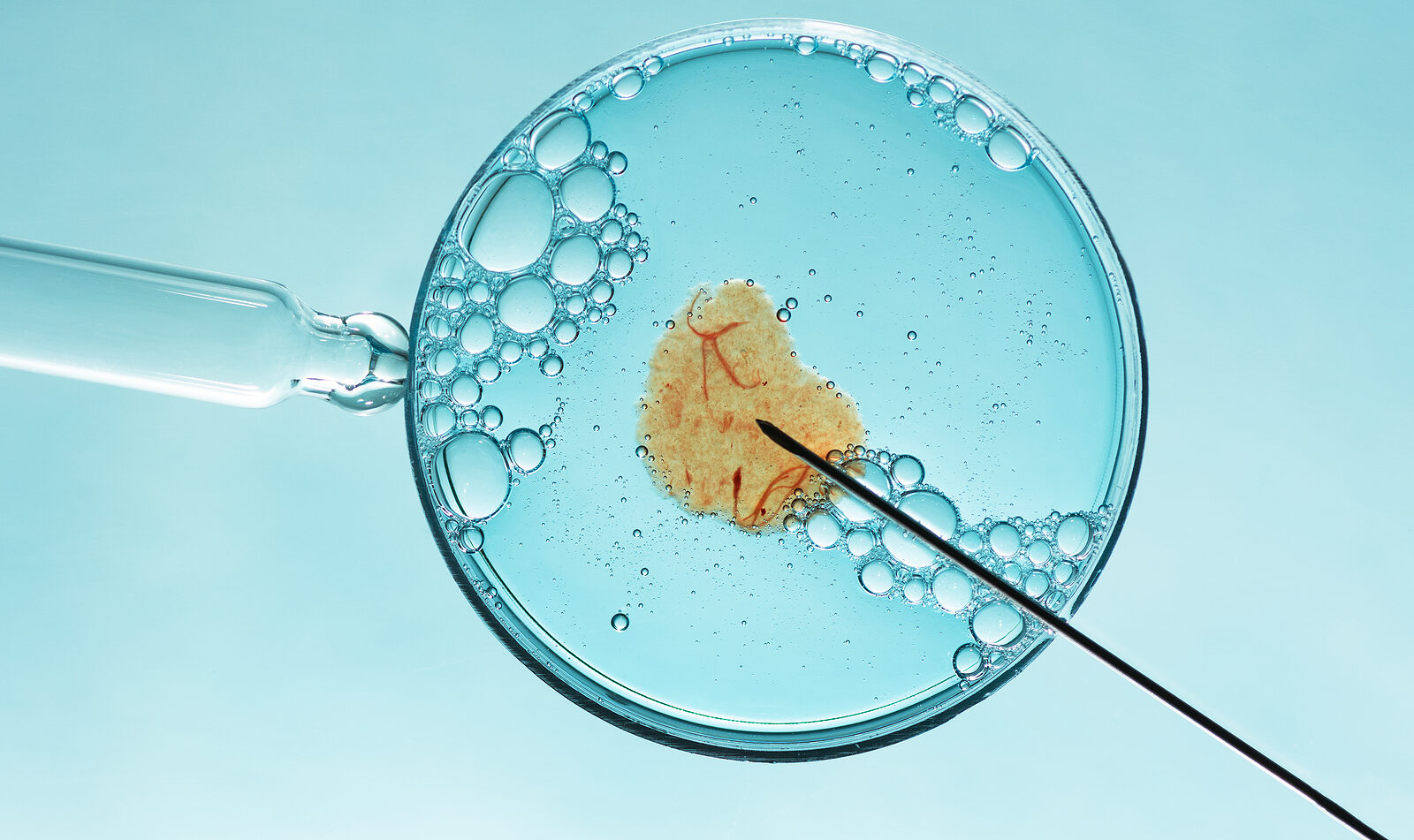
Japanese scientists foresee artificial eggs and sperm in next decade
IVG, in vitro gametogenesis, is one of the most radical offshoots of IVF. Scientists are rushing to be the first to create “artificial” eggs and sperm from ordinary cells. A skin cell, for example, could be turned into induced pluripotent stem cells and then converted into gametes.
The process is slow and demanding and will not happen tomorrow. But, according to Katsuhiko Hayashi, of Osaka University, who was interviewed by NPR journalist Rob Stein, “artificial embryos” should be available within five to ten years.
Dr Hayashi and a colleague at Kyoto Universithy, Mitinori Saitou, acknowledge that there are serious ethical issues involved. Stein listed some of them in his report:
In addition to waiting to publish their research before making any claims, the Japanese scientists also warn that many years of experimentation would be needed to make sure artificial IVG embryos aren’t carrying dangerous genetic mutations. “They may cause some sort of diseases, or maybe cancer, or maybe early death. So there are many possibilities,” Saitou says. “Even single mutations or mistakes are really disastrous.”
Even if IVG can be shown to be safe, the Japanese scientists are also being cautious for another reason: They know IVG would raise serious moral, legal and societal issues. “There are so many ethical problems,” Saitou says. “This is the thing that we really have to think about.”
IVG would render the biological clock irrelevant, by enabling women of any age to have genetically related children. That raises questions about whether there should be age limits for IVG baby-making.
IVG could also enable gay and trans couples to have babies genetically related to both partners, for the first time allowing families, regardless of gender identity, to have biologically related children.
Beyond that, IVG could potentially make traditional baby-making antiquated for everyone. An unlimited supply of genetically matched artificial human eggs, sperm and embryos for anyone, anytime could make scanning the genes of IVG embryos the norm.
Prospective parents would be able to minimize the chances their children would be born with detrimental genes. IVG could also lead to “designer babies,” whose parents pick and choose the traits they desire.
